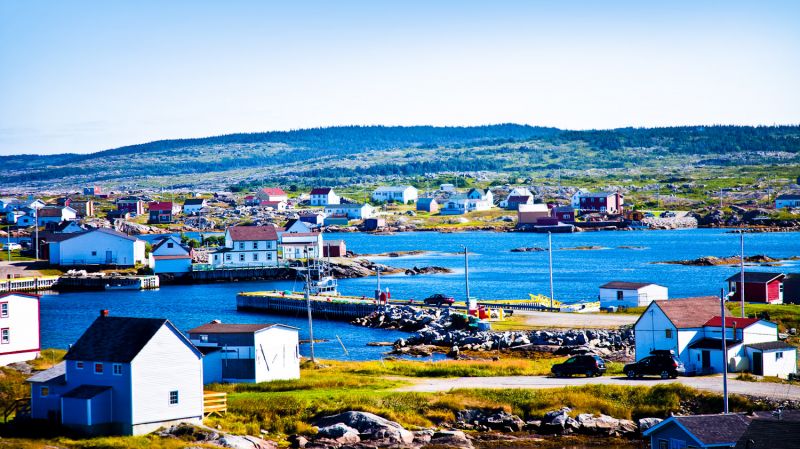
In May 2017, the Centre for Entrepreneurship, Innovation & Social Impact (CEISI) of Smith School of Business brought together a diverse group of social entrepreneurs, philanthropic leaders, economic development experts, researchers, and others to learn how struggling communities could be revitalized. The group met on Fogo Island, off the east coast of Newfoundland — home to resilient outports that bounced back from the damaging closure of the cod fishery in 1992.
This report highlights the conversations that took place about community-led renewal efforts on Fogo Island and in Detroit as well as private sector initiatives such as MasterCard's Center for Inclusive Growth.
The driver of change on Fogo Island has been the Shorefast Foundation. Set up as a private-public partnership to promote cultural and economic resiliency for Fogo Island, Shorefast reinvests all operating surpluses from its initiatives into the local communities. These initiatives — from the renowned Fogo Island Inn and a micro-lending fund to an online shop selling locally-crafted furniture and textile products — help to build the economic strength of Fogo Island and keep alive the islanders’ traditions, skills, and knowledge.
As in Fogo Island, private foundations provided leadership and direction in Detroit to help the U.S. city fight back from bankruptcy in 2013. Detroit’s experience shows the importance of looking not only at the local community but the regional economy and system-wide dynamics. And, as the CSI group learned, communities in distress need both adaptive and distributed leadership. In Detroit, foundation leaders were willing and able to step up without knowing the solution and then adjusted to the reality on the ground. They were also willing to share leadership with other foundation leaders.
MasterCard provides another model for how the private sector can play a productive role in developing sustainable communities. MasterCard created an independent subsidiary known as the Center for Inclusive Growth. Its mission is to advance sustainable, equitable economic growth and financial inclusion around the world. It also set up an R&D facility in Kenya, the Mastercard Lab for Financial Inclusion, that developed a digital platform to connect smallholder farmers to agents, buyers, and banks.
The report was commissioned by the Centre for Social Impact and written by Alan Morantz.